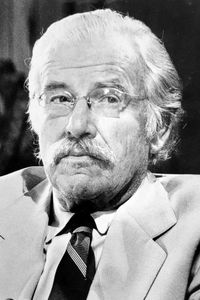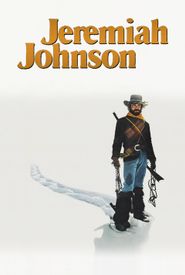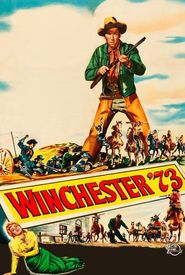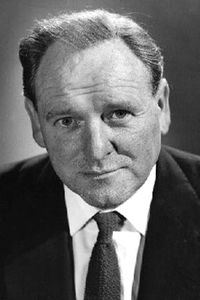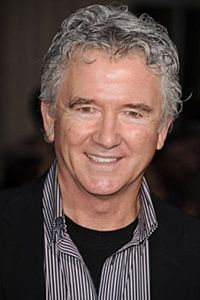Will Geer, born William Aughe Ghere on March 9, 1902, was a remarkable American actor and social activist. His impressive career spanned numerous decades, leaving a lasting impact on the world of entertainment and beyond. Geer is most famously remembered for his portrayal of Grandpa Zebulon Tyler Walton in the beloved 1970s TV series, The Waltons.
Geer's early years were marked by a strong passion for the stage, making his Broadway debut as Pistol in a 1928 production of Much Ado About Nothing. He went on to create the role of Mr. Mister in Marc Blitzstein's The Cradle Will Rock, played Candy in John Steinbeck's theatrical adaptation of his novella Of Mice and Men, and appeared in numerous plays and revues throughout the 1940s. In addition, Geer appeared in over a dozen films between 1948 and 1951, including Winchester '73, Broken Arrow, Comanche Territory, and Bright Victory.
Geer's involvement with the Communist Party of the United States began in 1934, and he became a dedicated activist, touring government work camps in the 1930s with folk singers like Burl Ives and Woody Guthrie. This period saw the release of the album Bound for Glory: Songs and Stories of Woody Guthrie, a collaboration between Geer and Guthrie that showcased their musical talents.
Geer's activism extended beyond the world of entertainment, as he was instrumental in organizing the 1934 West Coast waterfront strike, which lasted 83 days and became a model for future union strikes. He was also a strong supporter of labor rights, touring government work camps and participating in numerous benefit concerts, including the 'Grapes of Wrath' benefit in 1940.
Geer's acting career was not without its challenges, as he was blacklisted in the early 1950s for refusing to testify before the House Committee on Un-American Activities. As a result, Geer appeared in very few films over the next decade, but he continued to work in the entertainment industry, appearing in productions such as Salt of the Earth, a film that told the story of a miners' strike in New Mexico from a pro-union standpoint.
Throughout his life, Geer remained committed to his values and beliefs, using his platform to advocate for social justice and equality. His legacy continues to inspire and influence new generations of artists, activists, and social justice advocates.
